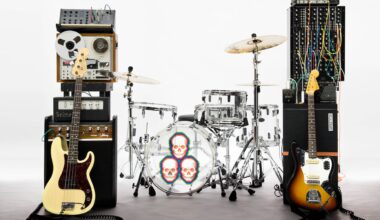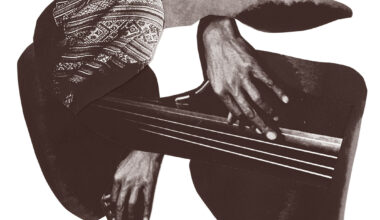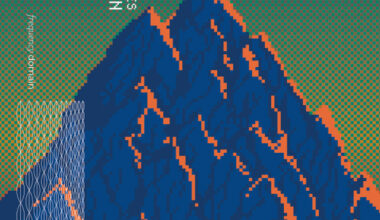The founder of Shangaan electro shares the South African style with the world

Dance music has long been sculpted by fiercely defined regional scenes. Over the last decade, the impetus to look beyond the usual suspects has meant that cities such as Lisbon and Rio de Janeiro have had their turns in the spotlight. Recently, the focus on South Africa has been particularly strong, with artists like DJ Mujava and DJ Spoko enjoying attention in the wider world. Which brings us to Nozinja, otherwise known as producer Richard Mthetwa, the architect of the Shangaan electro sound.
Rewind. Shangaan electro? What exactly is that, then? Forged in the rural Limpopo province of South Africa, it derives primarily from the traditional dance music of the Shangaan tribe, but it’s given a modern treatment, with bass and guitar replaced by marimba and organ. More important, however, is the corresponding change in speed. Shangaan electro is fiendishly fast, with tempos of 180 or even 190bpm. Yet it doesn’t feel intimidating – the music here is warm and welcoming, retaining its soulful origins despite Nozinja’s forward-thinking approach. He’s responsible for giving Shangaan a futuristic sheen akin to the relentless innovation of producers such as Caribou and Tessela, both of whom he has worked with in the past.
In 2010, Honest Jon’s Records released the ‘Shangaan Electro’ compilation, helpfully subtitled ‘New Wave Dance Music From South Africa’. Nozinja was heavily involved with this release and the album had a considerable impact on Western producers. For one thing, it coincided with both the jungle revival and the rise of footwork outside Chicago, two genres which seemed to sit well alongside Shangaan in high energy DJ sets. A companion collection followed, ‘Shangaan Shake’, with artists as varied and respected as Theo Parrish, Ricardo Villalobos and the late DJ Rashad queuing up to reinvent the source material.
Now Warp is bringing us the latest chapter. Thankfully, ‘Nozinja Lodge’ is an absolute treat. Most of the detail is in the midrange and there’s very little emphasis on bass. It’s far more suited to summer barbecues than dingy basement clubs. As Nozinja has said, “Shangaan music is about love. We are family-oriented musicians”. Airy and spacious, the melodies are as bright as the record cover, a fantastic patchwork of African colour and steely futurism. The sound palette is particularly refreshing to the ear – there are textures that plenty of Western dance producers would reject for being too cheesy, but here they contribute to the inclusive and celebratory atmosphere.
Nozinja’s ambition for the sound he has helped to create is unconstrained. He dreams of playing all over the world, of being nominated for a Grammy. While the latter might seem a little implausible, that it even seems possible at all is testament to the already far-reaching and transformative power of Shangaan electro. It will be fascinating to see how the new musical dialogue between South Africa and the West develops on the back of this great album.





